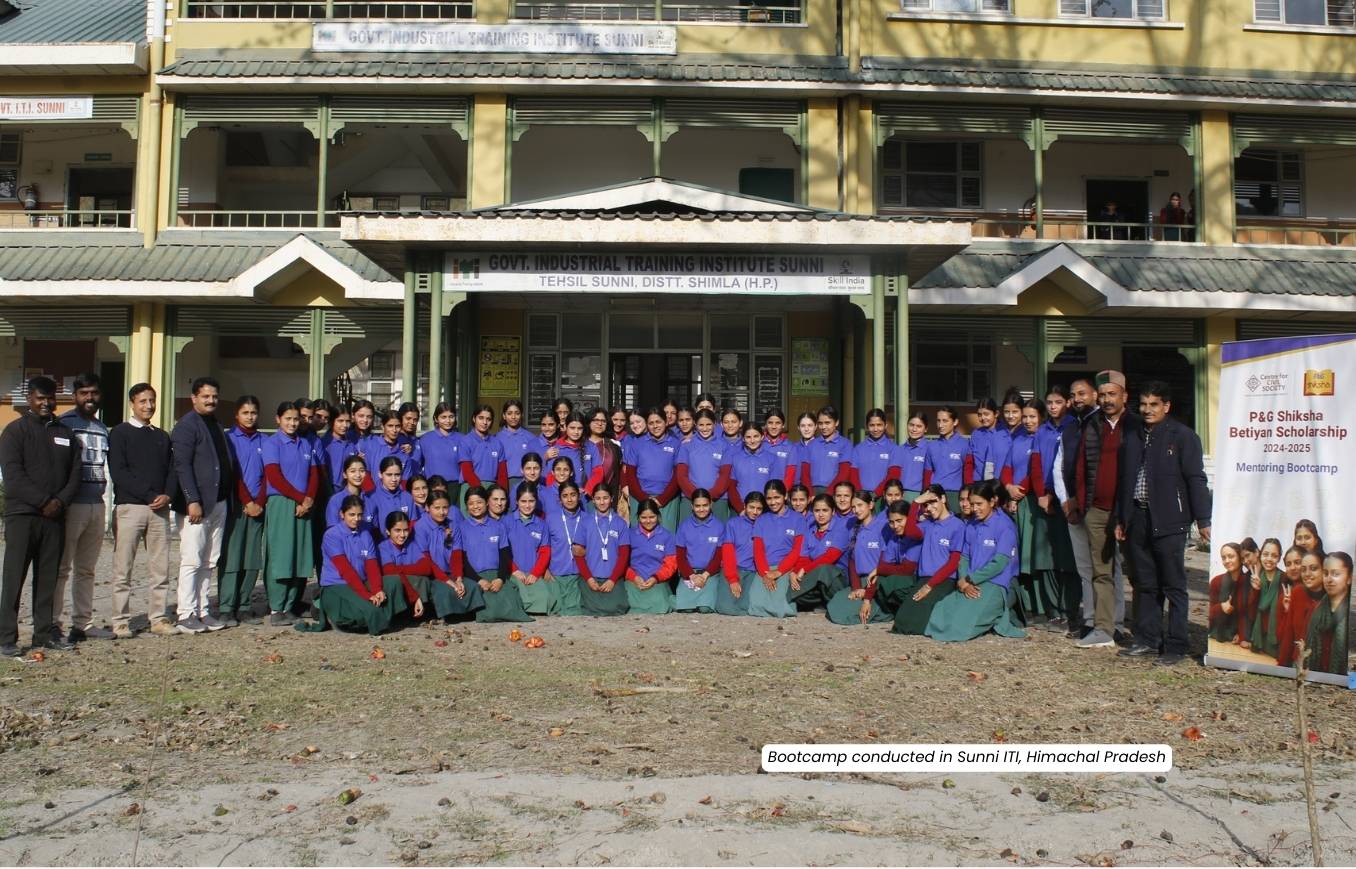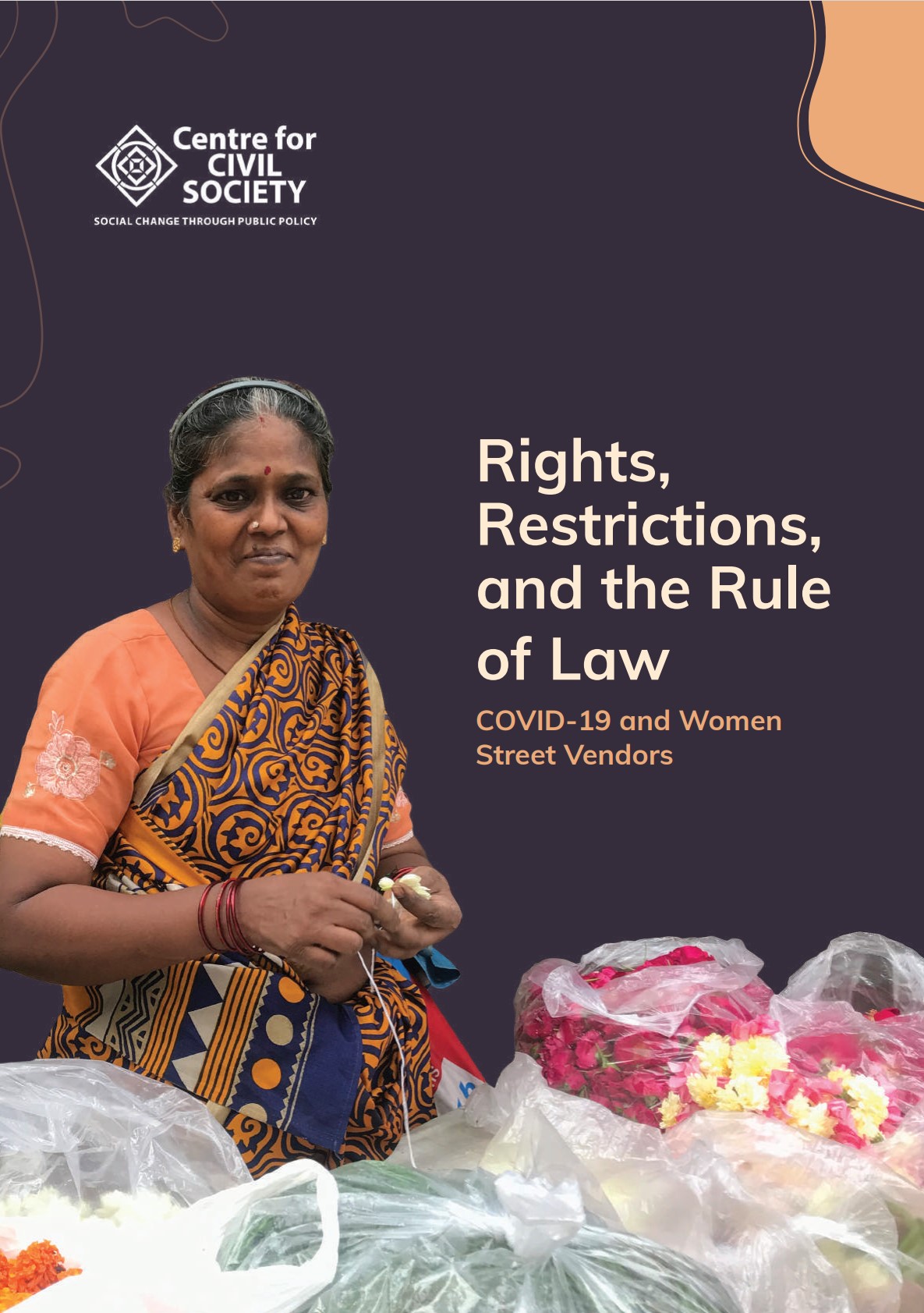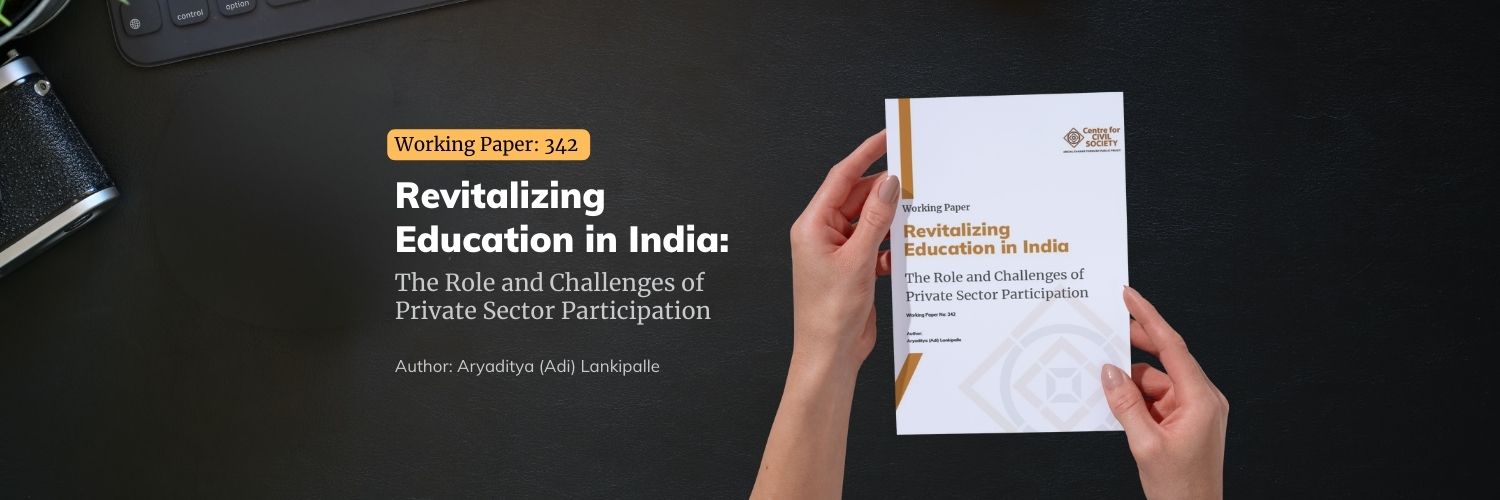Street vendors constitute nearly two percent of India’s urban population (Bhowmik 2005). Together vendors play a pivotal role in the urban economy by providing access to essential goods. Until 2014, no national legislation existed to help regularise their informal economy. This often led to rent-seeking actions by local authorities or police officials (Ministry of Housing and Urban Affairs 2011).
The Street Vendors Act (hereafter, referred to as The Act), passed in 2014, marked a watershed moment in the fight for the right to dignified livelihoods in India. The Act sought to formalise street vending through a rights-based approach. However, up until 2019, state governments had not implemented the law, effectively rendering it toothless (Centre for Civil Society 2019).
Most street vendors have since continued to face the same hardships and harassment at the hands of the local authorities as they did before. Among them, particularly hard hit are the women street vendors, roughly one million in number. These women do not just bear the burden of economic hardships, but also of gender-based violence and other oppressive social norms (Chakraborty and Ahuja 2021).
With the onset of COVID-19, and in response to the World Health Organization’s (WHO) global call to take “urgent and aggressive action” (WHO 2020), India prepared to curtail a broad gamut of rights in the name of public health safety. However, WHO noted that “countries must strike a fine balance between protecting health, minimizing economic and social disruption, and respecting human rights” (WHO 2020).
To strike this “fine balance”, the powers of the executive must be closely guided and limited. However, empowered by the Parliament, the executive ordered the closure of markets, imposition of curfews, and prohibition of movement. These COVID-19 restrictions beset vendors with additional adversities. Already living precarious lives, women vendors, especially, moved closer to poverty and severe economic and social vulnerabilities (Majithia 2020).
This policy brief evaluates the bearing of COVID-19 restrictions on women street vendors. In particular, it outlines: i) the approach adopted by the government to regulate street vending amidst the pandemic; (ii) areas of excesses and its impact on vendors; and iii) international best practices that could guide the government's future approaches in crises.

P&G Betiyan Scholarship 2024-25
P&G Betiyan Scholarship Program, launched in collaboration with the Centre for Civil Society in 2021-22, is focused on addressing the gender gap in STEM education (Science, Technology, Engineer


